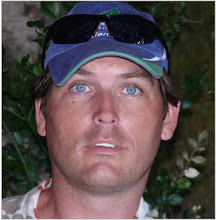 The Post Office in Mojacar, currently on the Paseo Maritimo in front of the Red Cross, has bought new premises in the Montemar shopping centre 100 metres up the hill from the main roundabout where the beach road meets the road up to Mojacar pueblo. The new premises have an area of 326 square metres and one of the main reasons for the move is the need for more space, not only for attending to the public but also for the sorting office. Work on the new offices will begin at the end of the summer and should be finished before the end of the year. There is also a possibility that the Garrucha sorting office will also move to theses new premises, leaving the office in Garrucha solely for attention to the public.
The Post Office in Mojacar, currently on the Paseo Maritimo in front of the Red Cross, has bought new premises in the Montemar shopping centre 100 metres up the hill from the main roundabout where the beach road meets the road up to Mojacar pueblo. The new premises have an area of 326 square metres and one of the main reasons for the move is the need for more space, not only for attending to the public but also for the sorting office. Work on the new offices will begin at the end of the summer and should be finished before the end of the year. There is also a possibility that the Garrucha sorting office will also move to theses new premises, leaving the office in Garrucha solely for attention to the public.The timetable of the post office in the Montemar centre will be from 8.30 a.m. to 2.30 p.m. from Monday to Friday and from 9.30 a.m. to 1.00 p.m. Saturdays.
The Montemar centre is also home to the Euro Weekly News, Costa Almeria edition offices so can pop in to see us when you visit the new post office.




